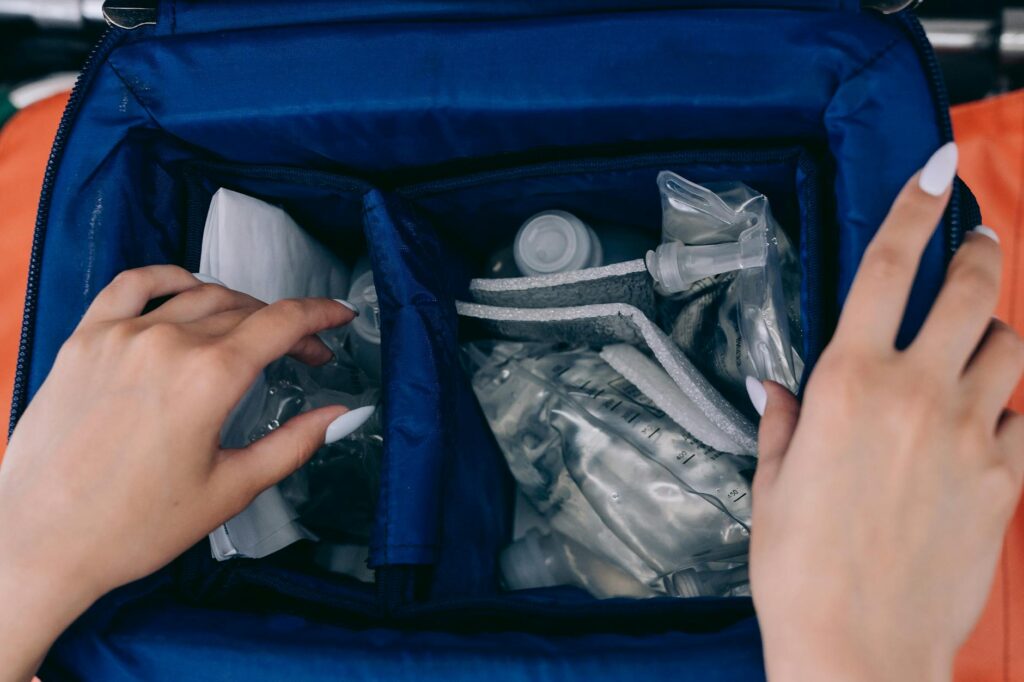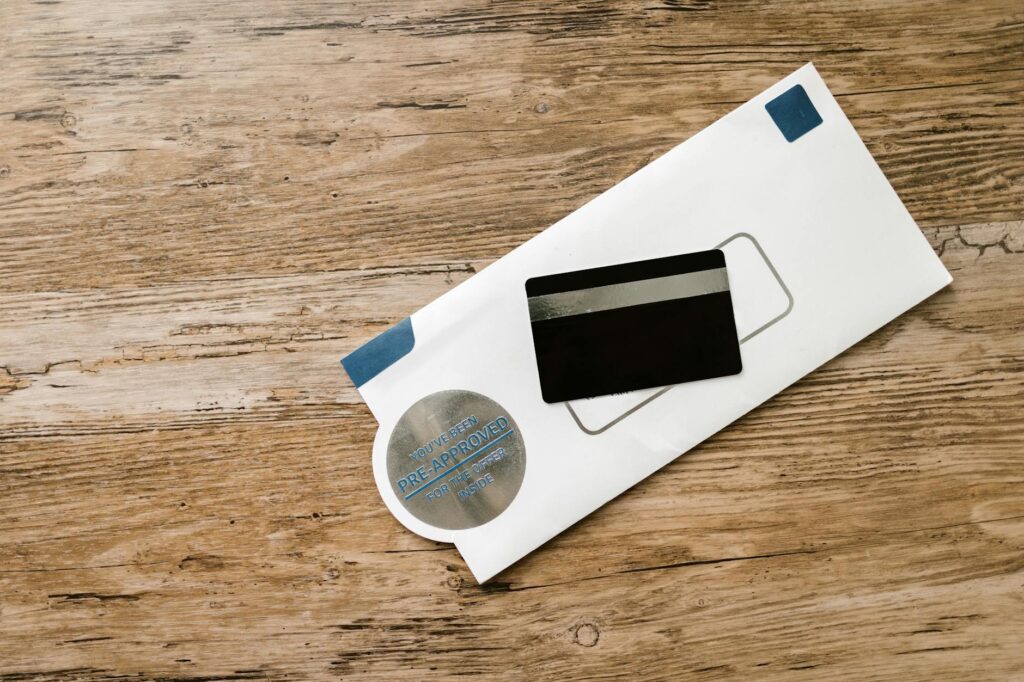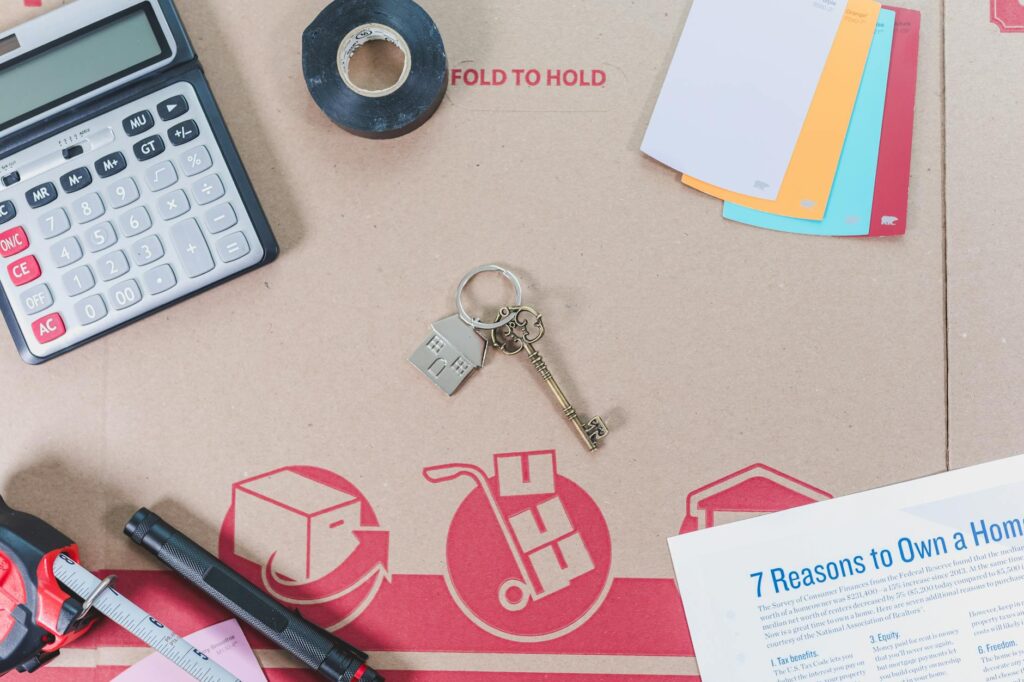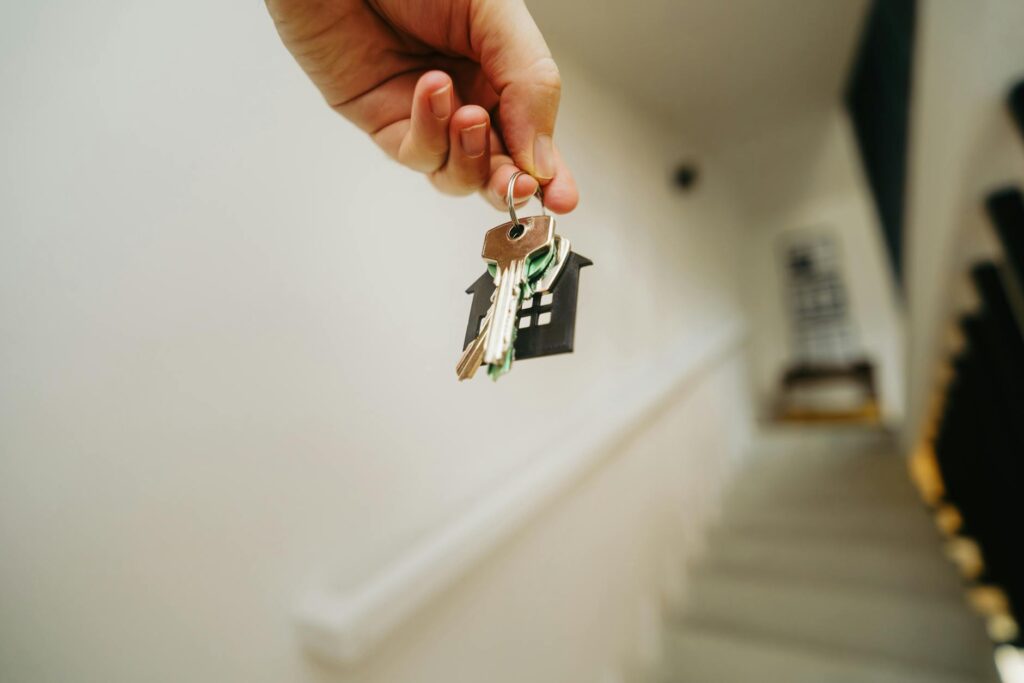Buying a home is a significant milestone, and for eligible veterans, the VA loan offers a fantastic pathway to homeownership. But before you start browsing properties, there’s a crucial first step: getting pre-approved for a VA loan. This process not only strengthens your offer but also gives you a realistic budget and timeline.
Understanding the VA Loan
The VA loan, backed by the Department of Veterans Affairs, allows eligible veterans, service members, and surviving spouses to buy a home with favorable terms, often without needing a down payment. Learn more about VA loan eligibility.
Benefits of Pre-Approval
Pre-approval demonstrates to sellers that you’re a serious buyer with the financial capacity to close the deal. It also helps you avoid wasting time looking at homes outside your price range.
The Pre-Approval Process
The process typically involves providing your financial information to a lender who will review your credit score, income, and debt. 
Finding the Right Lender
Shop around and compare lenders! Different lenders may have varying rates and fees. Check out our guide to finding the best VA loan lenders.
Gathering Necessary Documents
Be prepared to provide documentation such as your Certificate of Eligibility (COE), pay stubs, tax returns, and bank statements. 
Credit Score Impact
Your credit score significantly impacts the terms you’ll receive. Aim to improve your credit score before applying for pre-approval. Tips for improving your credit score
Debt-to-Income Ratio (DTI)
Your DTI, the ratio of your monthly debt payments to your gross monthly income, is another crucial factor. A lower DTI improves your chances of approval.
Understanding Your Certificate of Eligibility (COE)
Your COE verifies your eligibility for a VA loan. Obtain yours before you start the pre-approval process. How to obtain your COE.
Down Payment Requirements
While VA loans often don’t require a down payment, there might be closing costs to consider.
VA Loan Appraisal
The lender will order an appraisal to determine the home’s value. This is a critical step in the process.
Interest Rates and Fees
Interest rates and fees can vary, so compare offers carefully. 
Loan Limits
VA loans have loan limits that vary by county. Understand these limits before starting your search.
Closing Costs
Be prepared for closing costs, which can be a significant expense. These costs vary by lender and location.
Home Inspection
A home inspection is essential to identify any potential issues with the property before you buy.
Working with a Real Estate Agent
Partnering with a real estate agent experienced in VA loans can significantly ease the process.
Negotiating the Offer
Once pre-approved, you’ll be in a stronger position to negotiate an offer on a home.
Finalizing the Loan
Once your offer is accepted, the lender will finalize the loan process. Learn more about the closing process.
Conclusion
Getting pre-approved for a VA loan is a strategic first step towards successful homeownership. By understanding the process and preparing thoroughly, you can navigate it smoothly and confidently. Remember to shop around for the best rates and terms and work with professionals who understand the VA loan process. 
Frequently Asked Questions
What is a Certificate of Eligibility (COE)? A COE is a document that verifies your eligibility for a VA-backed home loan.
How long does the pre-approval process take? The time frame can vary but generally ranges from a few days to a few weeks.
What if I’m denied pre-approval? If you’re denied, the lender will typically inform you of the reasons. You can then address those issues and reapply.
Can I use a VA loan for any type of property? Generally, yes, but there might be some restrictions. Consult with your lender to be sure.
What are the potential downsides of a VA loan? The funding fee is one potential downside; however, it often comes with the benefit of a low interest rate and no down payment.
![VA Home Loans 101: Your Ultimate Guide For [Current Year]](https://www.yourfinancerates.com/wp-content/uploads/2025/06/pexels-photo-3768140-1024x682.jpeg)


